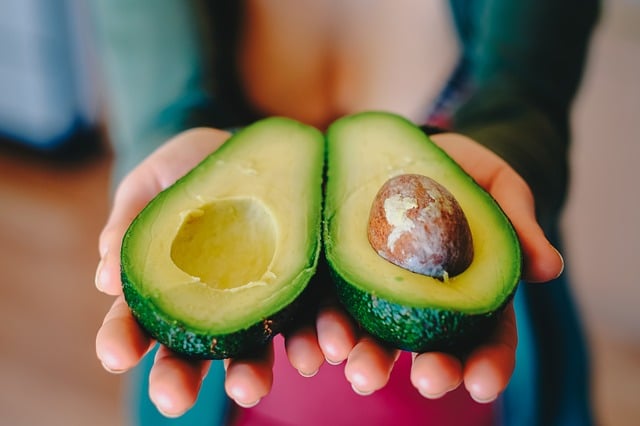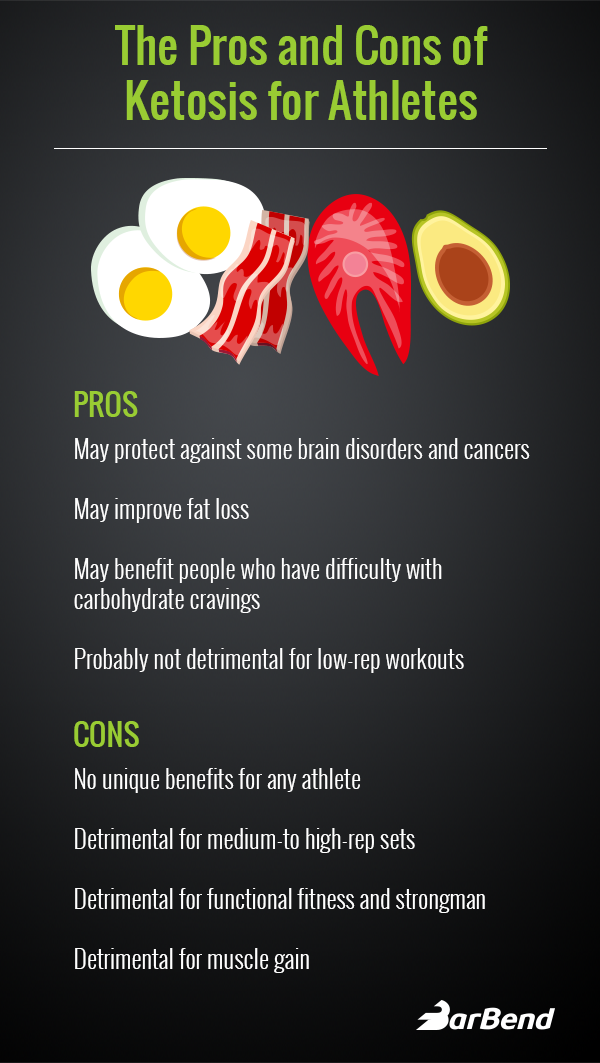A new study is one of the few to have looked at the effects of the ketogenic diet on muscle gain and fat loss.
If you’re interested in health and fitness there’s no doubt you’ve heard of the keto diet and there’s a good chance you’ve read articles, heard testimonies, and hung out with friends who swear by its alleged benefits.
The very, very, very high-fat diet involves consuming at least 50 percent of your calories from fat, some 15 to 30 percent of them from protein, and about 5 to 10 percent from carbs. When you’re that low on carbs the body starts producing ketones for fuel, which are a kind of alternative energy source that the body used to only use for energy when it was fasting or in starvation. Until the keto diet came along.
The diet was originally designed for clinical use — there’s solid evidence that it can significantly reduce the frequency of epileptic seizures and there’s some shakier data that it might help to fight cancerous tumors and improve recovery from chemotherapy.
But lately it’s been gaining steam among the general population as a means to lose fat while keeping hunger in check. The drop in carbs might help to manage blood sugar and hunger, but what about athletes?
Recently published in the Journal of the International Society of Sports Nutrition, researchers looked at the effects of an 8-week ketogenic diet on resistance-trained men. Twenty-four guys were recruited with nine of them going keto, ten of them non-keto, and five in a control group. Note that everyone here was in an energy surplus, ie. they were deliberately eating more calories than they burned in order to gain mass. The keto athletes were confirmed to actually be in ketosis with urine testing.
Over eight weeks everyone worked out did a hypertrophy workout four times a week with plenty of squats, deadlifts, and bench presses to failure.
The results? The keto crowd lost more fat. On average they lost 1.1 percent fat mass compared to 0.4 percent in the non-keto group and lost over twice as much visceral adipose tissue.
That’s a point for the keto crowd, but the flipside is that the non-keto crowd increased their muscle mass by over 1 percent while the keto crowd didn’t have any significant increase in muscle mass. (The average was a 0.3 percent loss, but it’s not statistically significant and it’s within the margin of error.)
So keto lost more fat while non-keto gained more muscle.
As the researchers put it,
This research showed no significant changes nor effect size on (lean body mass), despite hyperenergetic condition and high protein intake (2.0 g∙kg− 1⋅d− 1) in resistance-trained men of the KD group. Thus, we conclude that low-carbohydrate dietary approaches, such as KD, would not be an optimum strategy for building muscle mass in trained men under the training conditions of this study.
Does this definitively prove keto is a superior fat loss diet? No, this was a pretty small study. But we’d be lying if we said it didn’t help their case.
It’s worth nothing however that while they were supervised by a coach and told to lift more weight when possible, the amount of strength gained or lost wasn’t recorded. We don’t have a ton of data here, but many experts feel that while ketosis may not hinder low-rep strength workouts, it’s probably detrimental for athletes who need to get in a lot of volume.
Read more in our article discussing the pros and cons of ketosis for strength athletes.


